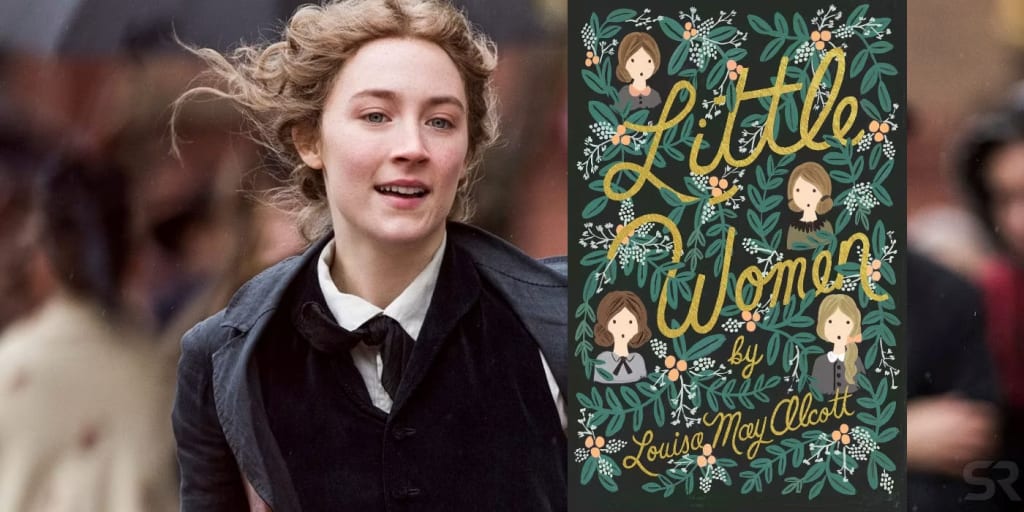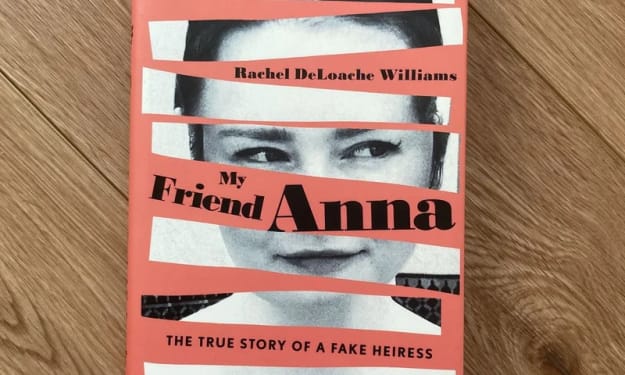"Little Women" by Louisa May Alcott
Page to Screen Book Club

Generations of readers young and old, male and female, have fallen in love with the March sisters of Louisa May Alcott’s most popular and enduring novel, Little Women. Here are talented tomboy and author-to-be Jo, tragically frail Beth, beautiful Meg, and romantic, spoiled Amy, united in their devotion to each other and their struggles to survive in New England during the Civil War. It is no secret that Alcott based Little Women on her own early life. While her father, the freethinking reformer and abolitionist Bronson Alcott, hobnobbed with such eminent male authors as Emerson, Thoreau, and Hawthorne, Louisa supported herself and her sisters with "woman’s work,” including sewing, doing laundry, and acting as a domestic servant. But she soon discovered she could make more money writing. Little Women brought her lasting fame and fortune, and far from being the "girl’s book” her publisher requested, it explores such timeless themes as love and death, war and peace, the conflict between personal ambition and family responsibilities, and the clash of cultures between Europe and America.
Book vs. Movie:
"Greta Gerwig’s version changes the whole structure of the book and is very different from all the other versions. True to the 21st century new direction in scriptwriting, she has chosen non-linear storytelling. The timeline runs back and forth between childhood and adulthood.
To begin, Gerwig’s version starts with the 2nd half of Little Women: the March sisters have grown up and found their way and place in the world. Where other versions treat the sisters peripherally, largely leading them to their marriage and then dropping them as if their life is over, Gerwig version finds parallel moments in their lives which makes them feel like real people who grow into and exist in adulthood.
For example, adult Meg counts pennies to afford a dress before we see her as a young girl eager to join society. Amy receives much more attention than in other versions. Her relationship with Laurie is predicted earlier and shows up more often, making their marriage acceptable and believable.
Interesting to point is that just like in the 1933 version, Gerwig’s version sets marriage as a threatening presence, even though it is also a necessity. Marriage had its practical purpose as an economical agreement. In Gerwig’s version, Amy gives a monologue how, as a woman, she is unable to earn her own income therefore must rely on her husband to sustain her. She feels robbed of her ability to work, so why wouldn’t she marry for money?
This is where Gerwig introduces another major difference and new aspect to this adaptation of the book. By giving Amy’s logic context, Gerwig indicates that individual choices are a consequence of systemic cause and effect. Amy must act in the world she was given until a broader, structural change can take place and offer her freedom.
More than any other versions of this movie, all the four sisters get to have their power. Though Jo is still the protagonist, the other March sisters are all strong and powerful in their own way. I find it a refreshing way of representing the book
This version of Little Women reminds us feminine power is in all of us, just in different shades and ways. In today’s world there is place for all types of women’s power and we should not diminish it when it shows up in a different voice and way than we expect it to be, we just need to look closer.
Another refreshing change in the 2019 version is the way Marmee is being represented. Already in the 1994 version, Marmee is shown as a strong individual woman, some might even call her ‘woke’. Susan Sarandon, who plays Marmee, isn’t the gentle tender character from the book. Instead she is an attractive, feisty heroic mum who isn’t hesitant to deliver short messages about raising her daughters according to unconventional way of life and how society treats women. She is shown as powerful and wise by actions not just words – for example it’s her homeopathic treatments that bring Beth from deathbed, not the traditional doctors.
In Gerwig’s version Marmee brings up a topic that has been a taboo for so long, which is women’s anger. Except for the TV mini-series with Emily Watson the sentence, which appears in the book, all other versions never gave it a place. Marmee confides with Jo by saying ‘I’m angry nearly every day of my life”. We finally get to hear Marmee’s frustrations of the confinements and limitations that were put on women at that time. We get to see the real feelings of that woman who was left to raise four girls on her own without support from her husband or society. Gerwig expresses what isn’t working in how women are treated or measured. This allows us to see the complicated Marmee character. On the surface she seems to be this sweet, loving, encouraging, kind woman. But when she lets the mask slip, you realise that she is fiercely angry with the fact that the world doesn’t repay that kindness. That’s a fantastic change and addition to the book.
The 2019 version fills in the gaps between Louisa May Alcott and Jo and uses biographical elements of Alcott’s life into Jo’s character. Jo negotiates the exact same deal for her book as Alcott did for her Little Women with the same rights and percentage of profits.
This version isn’t just about women’s employment (like the 1994 version) but also taking women seriously and giving them the same rights as men. It’s about respecting women’s ambitions and compensating them accordingly. It’s infuriating to see that though many have recognised this theme, still Gerwig was not rewarded for her work accordingly! This version is another example that the fight is STILL on for proper representation of women and recognition of their talents" (Lucy V Hay & Lizzie Fry).
Discussion Questions:
Adaptation Choices:
How faithful do you think the 2019 movie is to the original book in terms of plot, characters, and themes?
What changes were made in the adaptation, and do you think they enhanced or detracted from the story?
Character Portrayals:
How do the actors in the movie compare to your mental images of the characters from the book?
Were there any notable differences in the portrayal of certain characters that stood out to you?
Time Period and Setting:
How well does the movie capture the historical and cultural context of the book's setting?
Were there any changes or updates made in the movie to make the story more relatable to a modern audience?
Narrative Structure:
How does the movie handle the non-linear narrative of the book, especially with the use of flashbacks?
Did the storytelling choices in the movie affect your understanding or emotional connection to the characters?
Themes and Messages:
What themes from the book were emphasized or downplayed in the movie, and why do you think these choices were made?
Do you think the movie successfully conveyed the same messages and lessons as the book?
Visual and Cinematic Elements:
How did the visual elements of the movie contribute to your understanding and enjoyment of the story?
Were there any scenes or settings in the movie that stood out to you as particularly well-done or poorly executed?
Impact on Emotional Engagement:
Did the movie evoke the same emotions in you as the book, or did you have a different emotional experience with each?
Were there any scenes in the movie that had a particularly strong emotional impact, either positive or negative?
Critical Reception:
How did critics and audiences respond to the movie adaptation, and do you agree with their assessments?
Do you think the adaptation was successful in introducing "Little Women" to a new audience?
About the Creator
Kristen Barenthaler
Curious adventurer. Crazed reader. Archery fanatic. Amateur author. Librarian.
Instagram: @kristenbarenthaler
Facebook: @kbarenthaler
GoodReads: https://www.goodreads.com/author/show/15101108.Kristen_Barenthaler






Comments
There are no comments for this story
Be the first to respond and start the conversation.